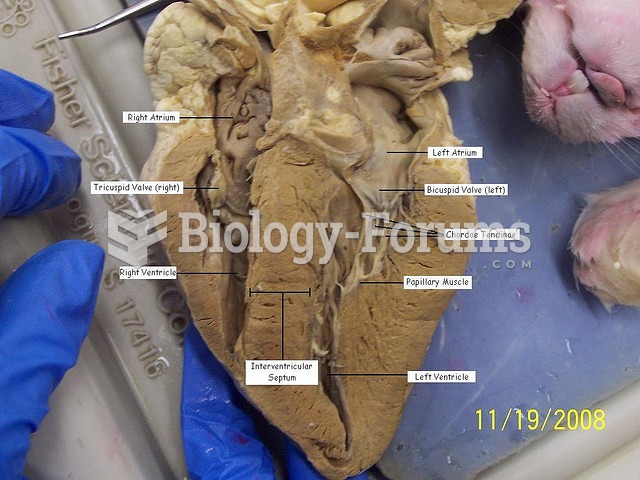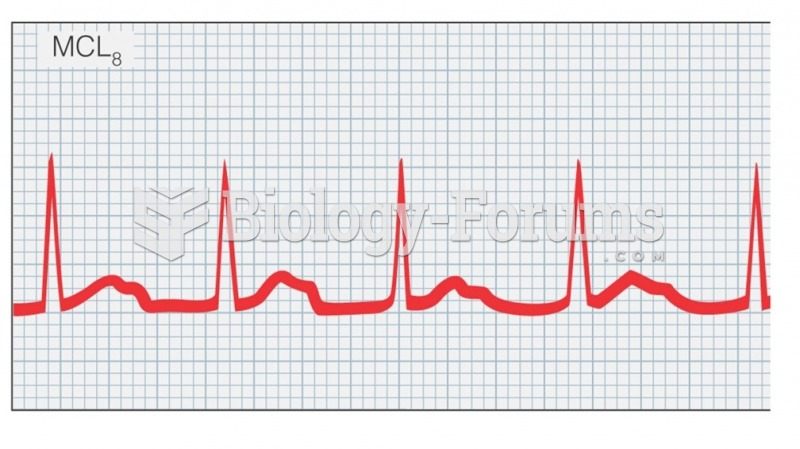Answer to Question 1
A, C, D, F
a. Correct. Standard HF therapy includes taking medications as prescribed with a low-sodium diet to control total body fluid. Usually, dyspnea in a patient with HF is due to hypervolemia that occurs after a lapse in adherence to standard HF therapy. The nurse checks the patient's extremities for edema because peripheral edema is a clinical indicator of hypervolemia. If the patient is nonadherent with therapy, the nurse is more likely to find peripheral edema than with an adherent patient. Hypervolemia can also be due to worsening heart failure
b. Incorrect. Although older adults with HF complain of anorexia, bowel habits are not as likely to be affected by hypervolemia as the appetite is.
c. Correct. The nurse listens to the patient's lungs to assess for pulmonary edema as a cause for the patient's dyspnea. Pulmonary edema can be caused by hypervolemia from nonad-herence to therapy or from worsening heart failure.
d. Correct. The nurse compares the patient's weight to baseline to determine if the patient has experienced a sudden weight gain indicative of hypervolemia.
e. Incorrect. Coughing is a nonspecific, nonsensitive indicator of pulmonary edema.
f. Correct. Assessing the patient's diet over the last 48 hours can provide clues about a poten-tial cause of the patient's dyspnea. If the patient increases the dietary sodium by eating pizza, pickles, processed food, and so on, the patient is likely to experience a sudden in-crease in total body fluid, and this can cause the patient's dyspnea.
Answer to Question 2
D
Older adults taking rasagiline (Azilect) must avoid eating foods containing tyramine; interactions of rasagiline with tyramine can cause sudden, severe hypertension.
Drinking small amounts of alcohol can relieve symptoms of essential tremor, although heavy drinking should be avoided. The majority of persons with PD remain alert and intelligent, but motor difficulties in facial expression and speech can give a false impression of cognitive im-pairment. LBD, which can occur in some patients with PD symptoms, is the second most com-mon form of dementia. It accounts for 15 to 20 of all dementias.







